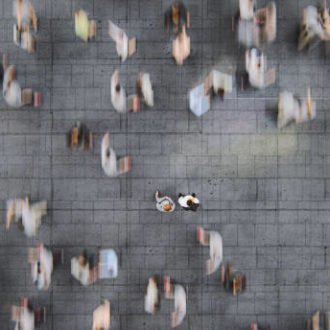
Fair Collaboration
Policy on Fair Collaboration in Cultural Relations
Fair Collaboration is a core value of Danish Cultural Institute (DCI), and we are committed to implementing the practice on project level as well as organizational level.
Fair Collaboration in cultural relations as a concept is multifaceted and requires definitions:
Cultural relations are reciprocal, non-coercive transnational interactions between two or more cultures, encompassing a range of activities with a focus on intercultural dialogue with the aim of mutual understanding and benefit.
Collaboration is to work with somebody to achieve a shared goal. Collaboration happens in networks and for it to be fair, it should be adaptive in nature and needs time to happen.
Fairness in an intercultural context can be defined as Fairness in exchange, which relates to the equity of transactions between at least two parties and Distributive Fairness, which deals with the division of existing, scarce resources among qualified recipients.
DCI is already to a large extent operating out of the principle of Fair Collaboration and aims to do so in a more systematic and conscious way and on all levels and functions of the organization: from the finances and legal department, to strategy, planning and programming, communication, human resources, research, and evaluation.
We recognize that Fair collaboration is an approach that requires continuous awareness raising, dialogue and challenging of our own perceptions and practices. To comply with a holistic approach to Fair Collaboration, DCI is embracing the practice on management and project levels at the Head Office as well as at the country institutes and their programs.
What will management do to ensure Fair collaboration practices?
DCI management recognizes the importance of incorporating the practice of Fair Collaboration in its strategies and operations. It commits to organizing workshops and seminars at which employees at all levels reflect on the concepts, discuss their application and develop ways to integrate the guidelines into practice. Exercises for awareness and training will be based on materials developed by EUNIC: Not a toolkit! Fair collaboration in cultural relations: a reflAction (Fair Collaboration in Cultural Relations (eunic.eu))
What will project developers do to implement Fair collaboration in practice?
Besides participating in said workshops, project managers are encouraged to use the Fairness Checker Cards developed by EUNIC. It is recommended to print out the cards in a proper layout and have them visibly available when developing new projects. The questions on the cards are useful for ensuring reflection on both on a personal, organizational, and systemic level within the social, ecological, economic, technological, and geopolitical dimensions.


